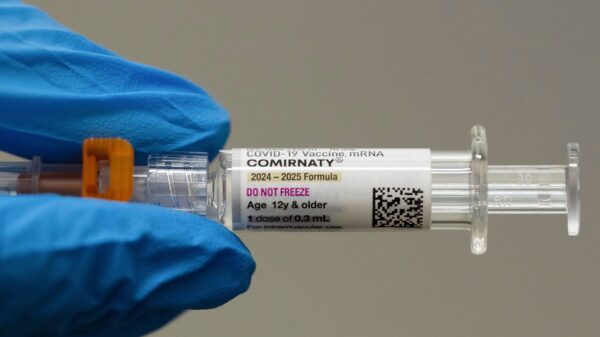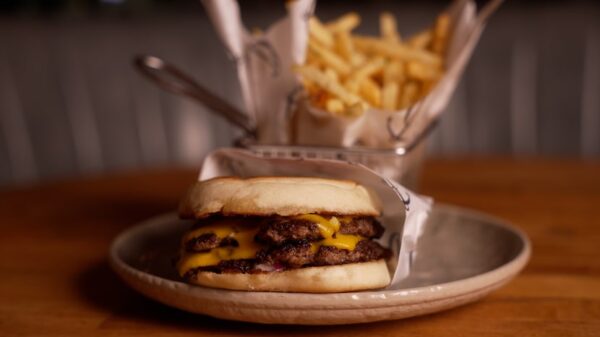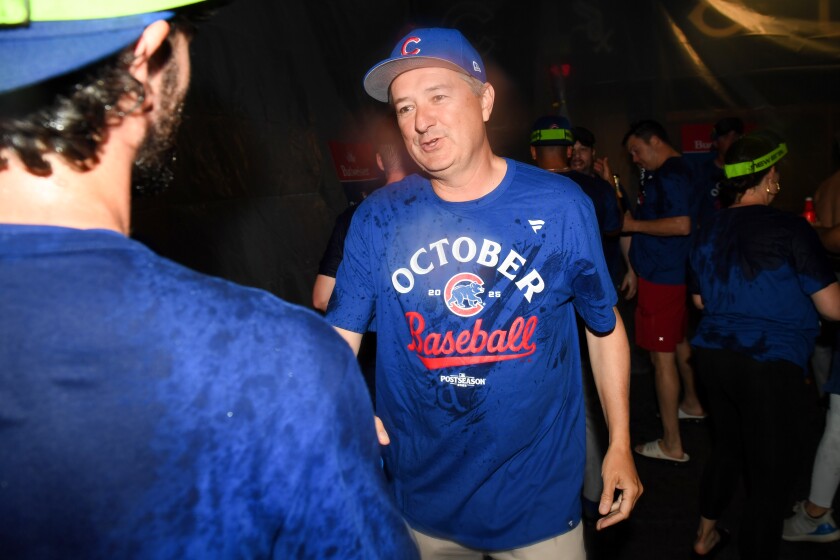UPDATE: The Milwaukee Brewers have just secured their third consecutive National League Central title, leaving the Chicago Cubs grappling with their middle-ground strategy. This victory solidifies the Brewers’ dominance, marking their fifth division title in eight years. Meanwhile, the Cubs face mounting pressure as they navigate the postseason.
The Brewers, known for their “Magic Brew,” showcased their small-market prowess by achieving the best record in Major League Baseball this season. In stark contrast, the Cubs have failed to capitalize on their large-market status, struggling to make impactful moves that could elevate their game. With a projected player payroll for 2025 estimated between $200 million and $220 million, the Cubs find themselves in a precarious position against a well-organized Brewers team whose payroll hovers around $100 million.
“Nobody has really believed that we were going to be great,” said Brewers manager Pat Murphy prior to Game 4 of the NL Division Series. The Cubs, who only secured one division title in recent years, are now left reflecting on what could have been as they entered the playoffs with a hard-fought battle against the San Diego Padres.
As the postseason unfolded, the Cubs faced a daunting challenge after dropping the first two games of the NLDS against the Brewers. They returned to Wrigley Field determined to turn the tide, delivering electrifying performances that kept fans on their feet. However, the stakes remain high, and the Cubs must muster every ounce of strength to fight their way back into contention.
While Cubs president of baseball operations Jed Hoyer managed to assemble a competitive 92-win team, the lack of decisive moves at the trade deadline has left them at a disadvantage. Hoyer’s reluctance to trade top prospects for a frontline starter has drawn criticism, especially as they face a Brewers team that has efficiently utilized its resources.
The struggle to attract top talent was evident during the spring training pursuit of veteran third baseman Alex Bregman. Despite a willingness to push the budget, the Cubs’ offer of four years, $115 million fell short against competitors, reflecting a broader issue within the organization. The Cubs’ dual approach to team-building has left them stuck in a limbo, unable to fully commit to a strategy that could yield success.
As the Cubs prepare for their next match-up, the pressure to overcome their challenges is palpable. The Brewers have proven resilient, and their success sends a powerful message: small markets can thrive in the competitive landscape of Major League Baseball.
Fans and analysts alike are left wondering if the Cubs can turn their fortunes around. With the Brewers riding high on their recent success, the Cubs must act decisively to reclaim their place in the division. Time is ticking, and the stakes have never been higher as they confront Milwaukee’s “Magic Brew.”
The season is far from over, but the Cubs must now confront the reality of their situation: Without a clear direction, they risk falling further behind as the Brewers continue to dominate the National League Central. What happens next will be pivotal for both teams as the playoffs unfold.
Stay tuned for live updates as the battle for the division intensifies, and the Cubs work to reclaim their former glory.





































































